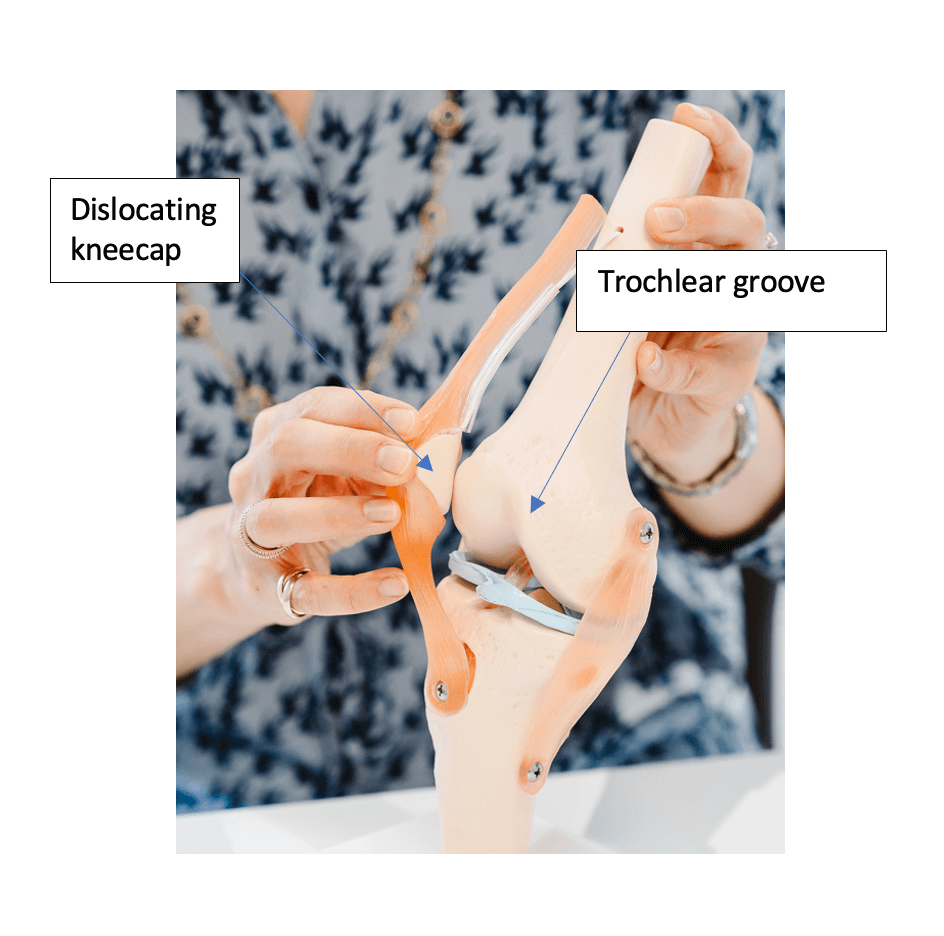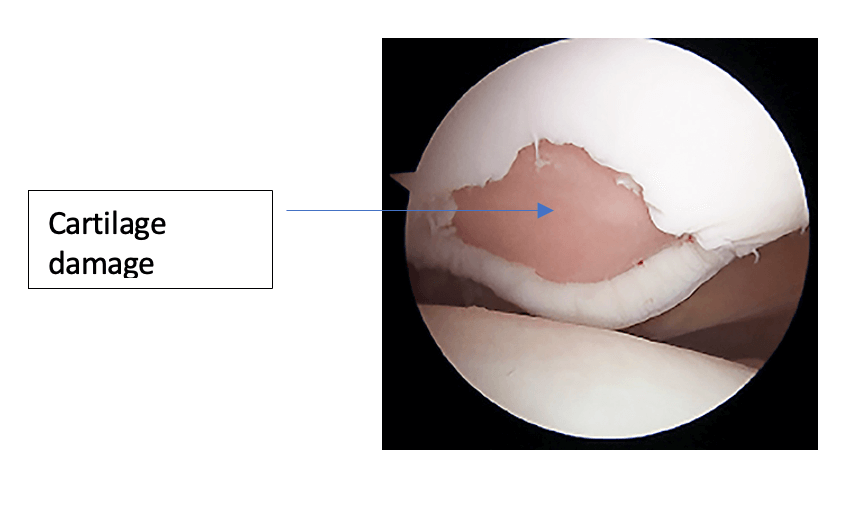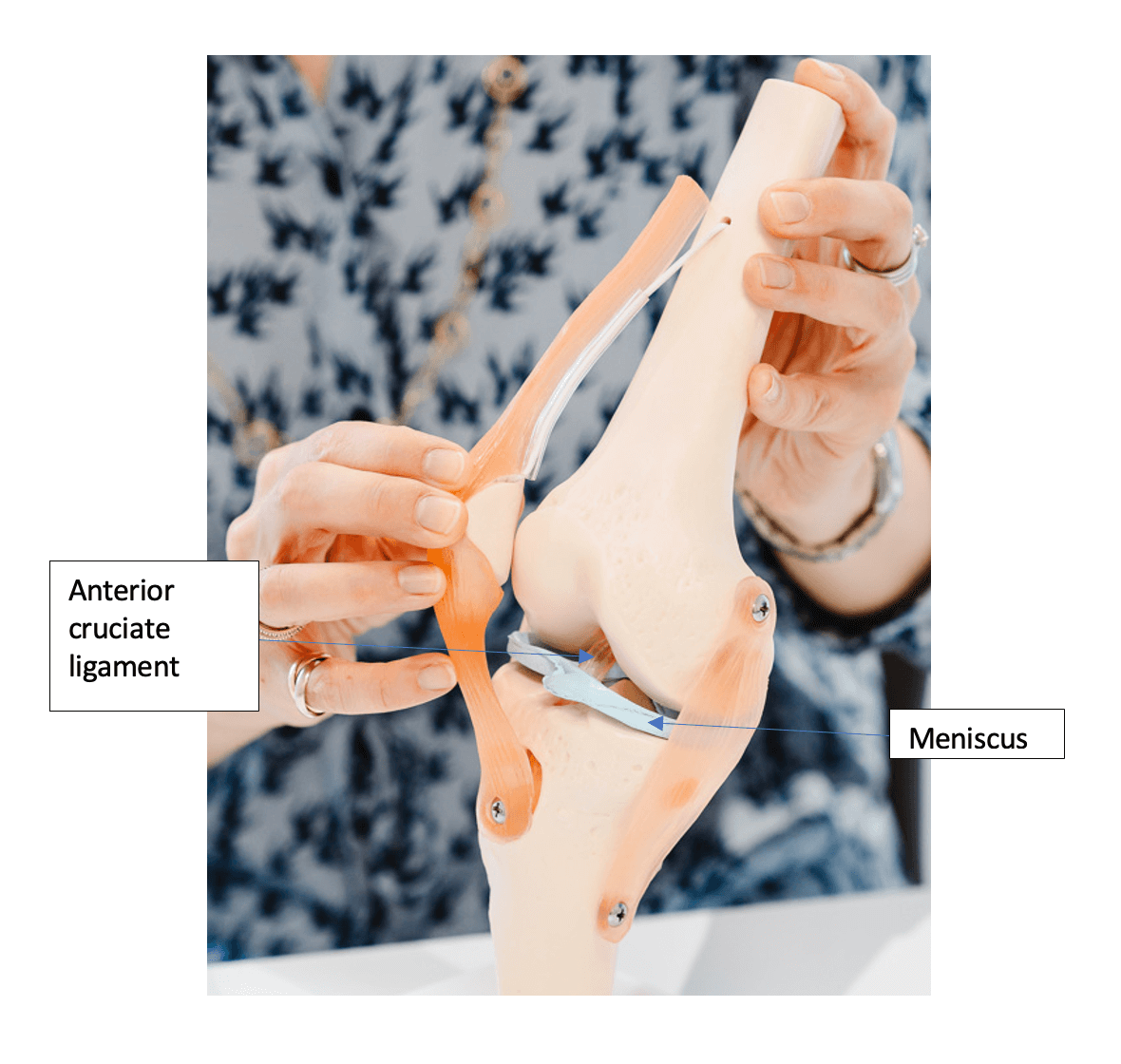
Why has my kneecap dislocated?
If your kneecap sits in a shallow groove or you have hypermobility this can contribute to your risk of dislocating your kneecap
Will my kneecap dislocate again?
In 15-45% of people after a first dislocation their kneecap dislocates again
Why has my knee swollen after dislocation?
After a dislocation blood collects in the knee causing swelling. This is gradually absorbed by the body after a few weeks.
Have I injured anything else when I dislocated my kneecap?
You can cause damage to the cartilage on your kneecap as you dislocate then as your kneecap relocates. If it is a large piece of cartilage and bone you may need surgery to re- attach it to your kneecap.
With smaller pieces, sometimes they float around the knee and ‘stick down’ on the knee capsule where they do not cause a problem.


Occasionally a piece of cartilage can float around the knee and wedge between the bones causing your knee to ‘lock’. You may feel that something is floating around in the knee and you might need surgery to fish out that loose piece of cartilage and bone.
With severe dislocations you can very rarely tear the meniscus (cartilage cushion or shock absorber) or the anterior cruciate ligament (ACL).
How common are dislocating kneecaps?
